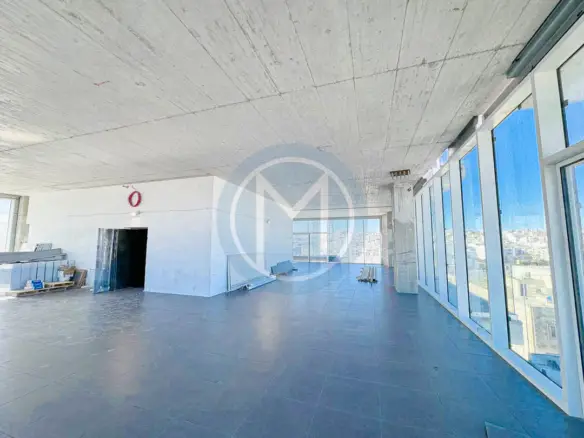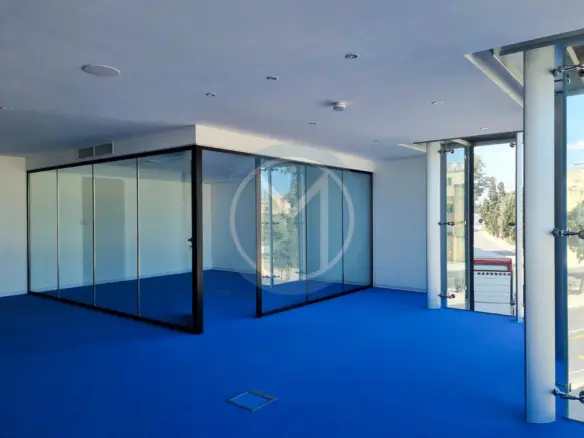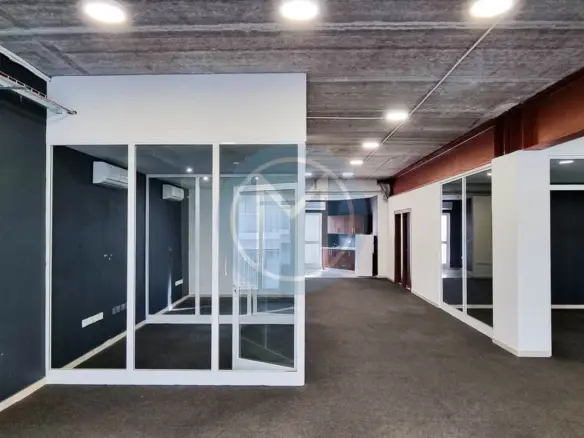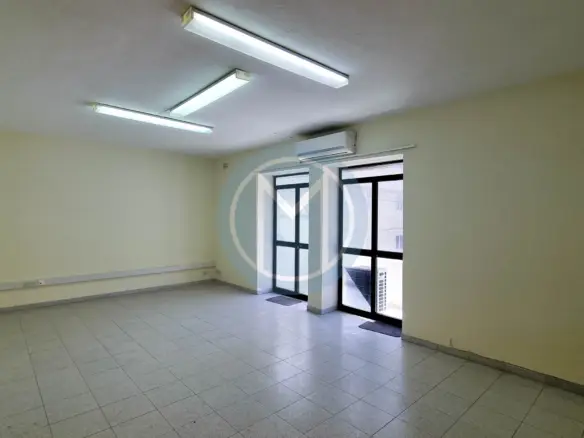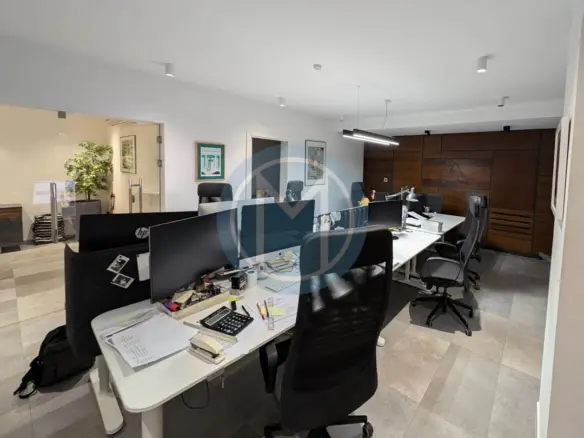CLASS 5A – Light Industry Use for any of the following:
- Research, testing and development of products or processes;
- Craft business;
- Any other light industry not falling under Class 5C, provided that, if any such use is carried out in a residential area, in the opinion of the Authority:
- It can be carried out without detriment to the amenity of that area by reason of noise, vibrations, smell, fumes, smoke, soot, ash, dust, grit, or visual impact; and
- It does not generate disproportionate vehicular traffic or parking which is detrimental to the amenity of the area in which it is conducted; and
- It does not result in a significant increase in the number of employees previously engaged in the former use.
CLASS 5B – General Industry
Use for the carrying on of an industrial process not contemplated by Class 5A or Class 5C.
CLASS 5C – Specialised Industry
Any specialised industrial process for any of the following use:
- Smelting, calcining, sintering or reducing ores, minerals, concentrates or mattes;
- Converting, refining, reheating, annealing, hardening, melting, carburising, forging, or casting metals or alloys other than pressure die-casting;
- Recovering of metal from scrap, drosses or ashes;
- Galvanising;
- Pickling or treating metal in acid;
- Chromium plating;
- Burning lime or dolomite;
- Producing zinc oxide, cement or alumina;
- Foaming, crushing, screening or heating mineral or slag;
- Processing pulverised fuel ash by heat;
- Producing carbonate of lime or hydrated lime;
- Producing inorganic pigments by calcining, roasting or grinding, except where the above processes are ancillary to the getting, dressing or treatment of minerals and undertaking in or adjacent to a quarry or mine;
- Distilling, refining, or blending oils (other than petroleum or petroleum products);
- Producing or using cellulose or using other pressure sprayed metal finishes (other than in vehicle repair workshops in connection with minor repairs, or application of plastic powder by the use of fluidised bed and electrostatic spray techniques);
- Boiling linseed oil or running gum;
- Processes involving the use of hot pitch or bitumen in the manufacture of roofing felt at temperatures not exceeding 220ºC or the manufacture of coated roadstone;
- Stoving enamelled ware;
- Producing aliphatic esters of the lower fatty acids, butyric acid, caramel, hexamine, iodoform, naphthols, resin products (excluding plastic moulding or extrusion operations and producing plastic sheets, rods, tubes, filaments, fibres or optical components produced by casting, calenering, moulding, shaping or extrusion), salicylic acid or sulphonated organic compounds; (s) producing rubber from scrap;
- Chemical processes in which chlorophenols or chlorocresols are used as intermediates;
- Manufacturing acetylene from calcium carbide;
- Manufacturing, recovering, or using pyridine or picolines, any methyl or ethylamine, or acrylates;
- The carrying on of an industrial process which uses animal remains as the primary input or as part of the process of manufacture.


